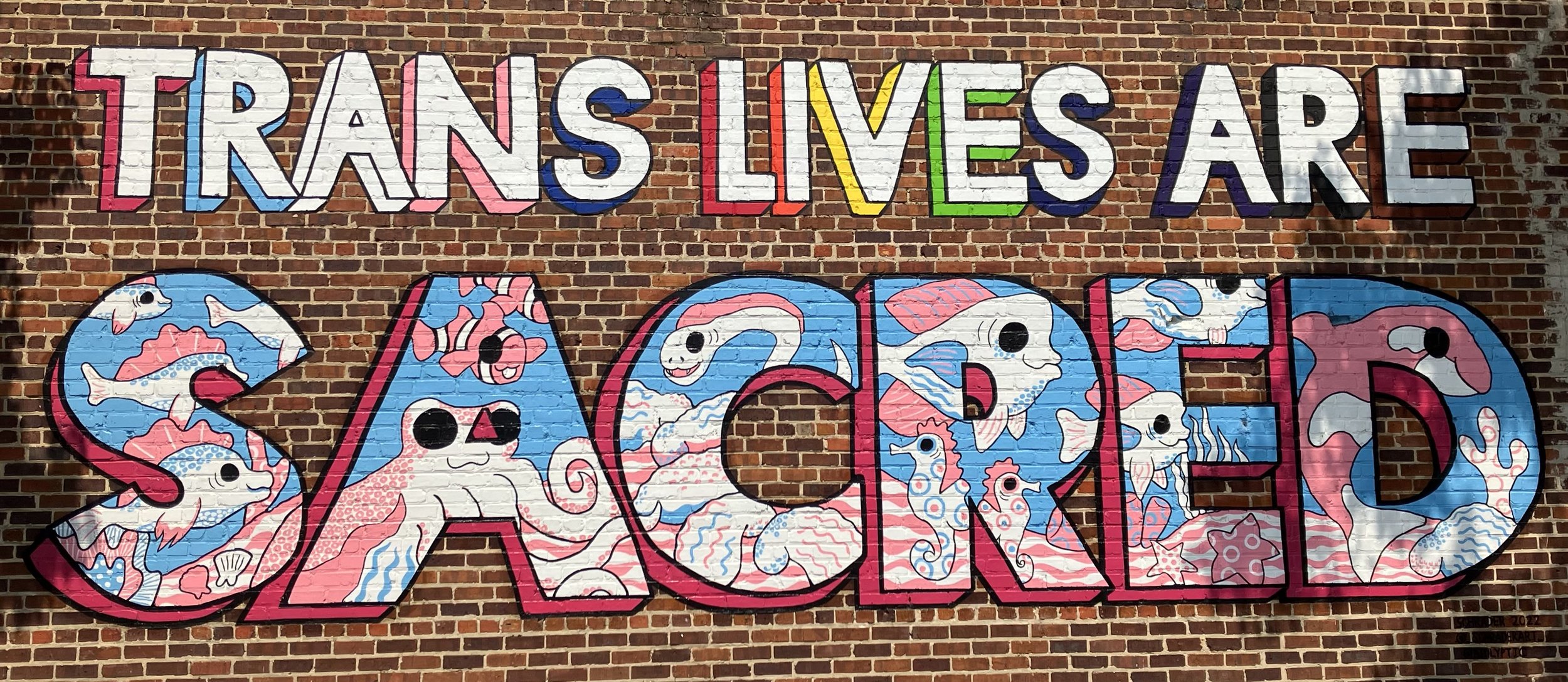Virtual Therapy Across North Carolina
& South Carolina
I am currently accepting new clients for individual therapy and relationship support.
If you’ve never been in therapy before, you may not even know what you need in a therapist. Finding a therapist is about finding someone you feel comfortable with, who can empathize with what you’re going through, and who you can see yourself trusting with those hard topics you can’t seem to share with anyone else.
I specialize in relational trauma recovery. Relational trauma is trauma that happens in the context of relationships, often with our earliest caregivers. Relational trauma recovery isn’t about blaming anyone. It’s about acknowledging the impact that situations, circumstances and behaviors had on you - on your emotional development and on your relationship with yourself and others. It’s about taking responsibility for the task of addressing these unmet needs for yourself but not by yourself. No one else can do it for you, but that doesn’t mean you have to do it alone.
I have extensive experience supporting survivors of sexual violence, as well as LGBTQIA+ clients, their partners, and their families. All of my work is done virtually through a secure, HIPAA-compliant video conferencing platform. You’ll need a quiet, private space with a reliable internet connection to join our sessions.
Some clients I have worked well with include:
Folks moving through the transitions of midlife
Middle-aged women and non-binary people navigating perimenopause and menopause
People who identify as adult children of alcoholics and/or dysfunctional families (or are curious if they “qualify”)
White people unpacking the ways their conditioning into whiteness impacts them and their relationships
You can learn more about me, my approach and my training here.
Ready to get started?
Please note that my practice is entirely virtual, and, due to licensure requirements, you must be in North Carolina or South Carolina at the time of service.
Using Your Insurance?
I’m in-network with Blue Cross Blue Shield of North Carolina and Aetna, including the North Carolina State Health Plan. I’m considered out-of-network for all other insurance carriers. I have a limited number of lower fee spaces, which are currently full. Since I don’t give anyone a diagnosis in relationship support sessions, they are not eligible for insurance reimbursement. However, you may be able to use HSA funds to pay my fee.
Good Faith Estimate
You have the right to receive a “Good Faith Estimate” explaining how much your medical care will cost.
Under the law, health care providers need to give patients who don’t have insurance or who are not using insurance an estimate of the bill for medical items and services.
You have the right to receive a Good Faith Estimate for the total expected cost of any non-emergency items or services. This includes related costs like medical tests, prescription drugs, equipment, and hospital fees.
Make sure your health care provider gives you a Good Faith Estimate in writing at least 1 business day before your medical service or item. You can also ask your health care provider, and any other provider you choose, for a Good Faith Estimate before you schedule an item or service.
If you receive a bill that is at least $400 more than your Good Faith Estimate, you can dispute the bill.
Make sure to save a copy or picture of your Good Faith Estimate. For questions or more information about your right to a Good Faith Estimate, visit www.cms.gov/nosurprises or call 800-985-3059.
“When we heal our own trauma, individually and collectively, we don’t just heal our bodies. By refusing to pass on the trauma we inherited, we help heal the world.”
